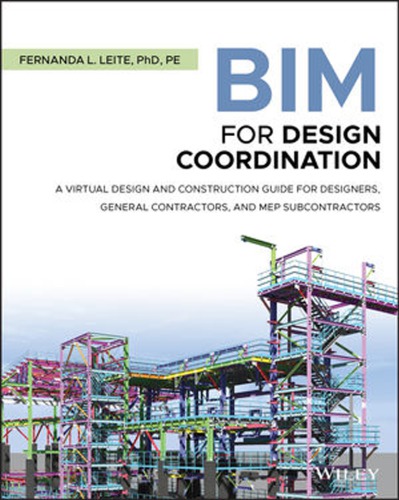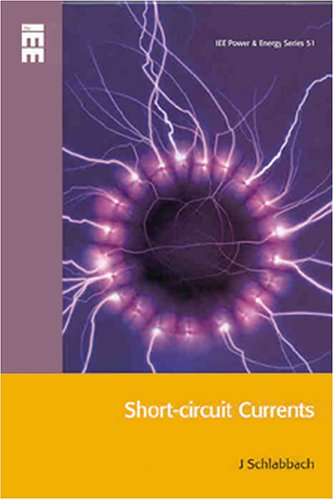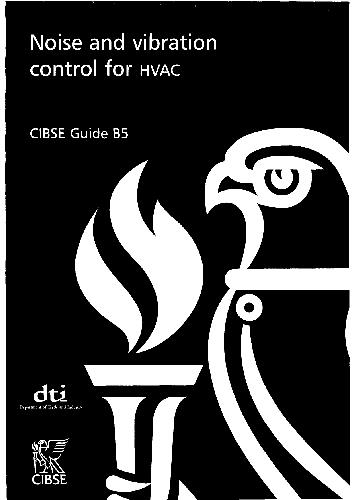| Book Name: | [PDF] Ultra-Capacitors in Power Conversion Systems |
| Category: | Electrical books ( EE ) |
| Free Download: | Available |
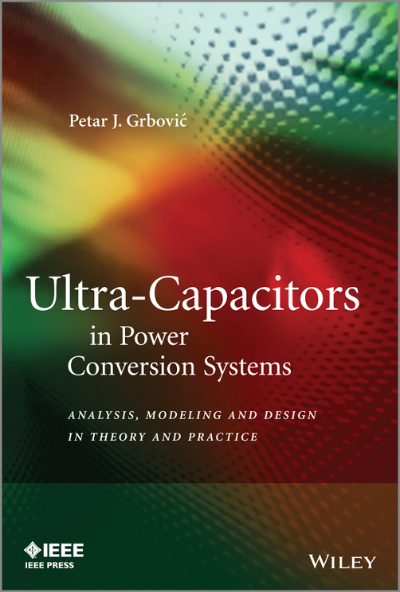
| Book Details : | |
|---|---|
| Language | English |
| Pages | 338 |
| Format | |
| Size | 10.8 MB |
Ultra-Capacitors in Power Conversion Systems
Ultra-Capacitors in Power Conversion Systems Applications, Analysis, and Design from Theory to Practice by Petar J. Grbovic PDF Free Download
Ultra-Capacitors Contents
- Energy Storage Technologies and Devices
- Ultra-Capacitor Energy Storage Devices
- Power Conversion and Energy Storage Applications
- Ultra-Capacitor Module Selection and Design
- Interface DC-DC Converters
Preface to Ultra-Capacitors in Power Conversion Systems
What Ultra-Capacitors in Power Conversion Systems is About
This book is about ultra-capacitors and their application in power conversion systems. It is particularly focused on the analysis, modeling, and design of ultra-capacitor modules and interface dc-dc power converters.
Power conversion systems and power electronics play a significant role in our everyday life. It would be difficult to imagine a power conversion application, such as industrial controlled electric drives, renewable sources, power generation, and transmission devices, home appliances, mobile diesel-electric gen-sets, earthmoving machines and equipment, transportation, and so on, without power electronics and static power converters.
In most of these applications, we are facing growing demands for a device that is able to store and re-store certain amounts of energy during a short period.
Controlled electric drives may require energy storage to save energy during braking or provide energy in case of power supply interruption. Wind renewable “generators” may need energy storage to smooth power fluctuations caused by wind fluctuation.
Power transmission devices such as static synchronous compensators (STATCOMs) need energy storage to support the power system with active power during faults and unstable operation. Mobile diesel-electric gen-sets need energy storage to reduce fuel consumption and CO2 pollution.
There is a strong requirement for energy storage in transportation systems in order to improve the system’s efficiency and reliability.
The energy storage device should be able to quickly store and re-store energy at very high power rates. The charge and discharge time should be a few seconds up to a few tens of seconds while charging specific power is in the order of 5–10 kW/kg.
Today, two energy storage technologies fit such requirements well: (i) flywheel energy storage and (ii) electrochemical double-layer capacitors (EDLCs), best known as ultra-capacitors. In this book, ultra-capacitors are addressed alone.
What is Inside Ultra-Capacitors in Power Conversion Systems
This book starts with a background of energy storage technologies and devices. Then, the detailed theory of ultra-capacitors follows. The fundamentals of power conversion systems and applications are also addressed.
An important part of the book is the process of selection and design of ultra-capacitor modules. Finally, the book ends with a detailed analysis of interface dc-dc converters. In total, the book has five chapters.
The fundamentals of energy storage technologies and devices are given in the first chapter. All energy storage systems are classified into two categories: direct and indirect energy storage systems.
Direct energy storage devices store electrical energy directly without conversion into another type of energy.
Inductors and capacitors are direct energy storage devices. Particular devices with high energy density are super magnet energy storage devices (SMEs) and ultra-capacitors. Indirect energy storage systems and devices convert electrical energy into another type of energy that is easier to handle and store.
Typical systems are electromechanical energy storage systems, such as fly-wheel, hydro pumped, and compressed air energy storage systems.
Electrochemical energy storage systems, such as electrochemical batteries and hydrogen fuel cells, are other well-known energy storage systems.
The background theory of ultra-capacitors is presented in the second chapter. The ultra-capacitor model is given with particular attention to the application-oriented model.
Ultra-capacitors’ energy and power are then defined and discussed. Different charging/discharging methods, such as voltage-resistance, current, and power control modes are analyzed.
The ultra-capacitors voltage and current characteristics are derived for different charge/discharge methods. Analysis and calculation of the ultra-capacitor’s current stress and power losses under different conditions are discussed.
An explanation is given of how ultra-capacitor losses depend on the charge/discharge frequency and how such losses are determined when the charge/discharge current frequency is in the range of megahertz (very low frequency) as well as in the range of a couple of hertz (low frequency).
Some application examples, such as variable speed drives with braking and ride-through capability, are given.
The fundamentals of power conversion are presented in the first part of the third chapter. Requirements for the use of a short-term energy storage device in power conversion systems are addressed and discussed.
The structure of a typical power conversion system with ultra-capacitor energy storage is presented. The process of selection of an energy storage device for a particular application requirement is briefly described.
Two main energy storage devices are compared: electrochemical batteries and ultra-capacitors.
In the second part of the chapter, we discuss different power conversion applications, such as controlled electric drives, renewable energy sources (wind, PV, and marine currents for example), autonomous diesel and natural liquid gas (NLG) gen-sets, STATCOM with short-term active power capability, UPS, and traction.
The selection of an ultra-capacitor module is intensively discussed in the fourth chapter. The design of an ultra-capacitor module is based on three main parameters, namely the module voltage, capacitance, and internal resistance.
The module voltage is, in fact, a set of different operating voltages and the module rated voltage.
The operating and rated voltages, the module capacitance and internal resistance are defined according to application requirements, such as energy storage capability, operation life span, efficiency, and so on.
Ultra-capacitor losses and efficiency versus size and cost are discussed in the second part of the chapter.
Some aspects of the ultra-capacitor module design are presented. Series connection of elementary ultra-capacitor cells and voltage balancing issues are also discussed and the module’s thermal design is considered too.
The theoretical analysis is supported by several examples from some real power conversion applications.
Interface dc-dc converters are discussed in the fifth chapter. First, the background of bi-directional dc-dc power converters is given.
The converters are classified in different categories, such as full power versus fractional power rated converters, isolated versus non-isolated converters, two-level versus multi-level, and single-cell versus multi-cell interleaved converters.
State-of-the-art topologies are compared according to the application’s requirements. A detailed analysis of a multi-cell interleaved bi-directional dc-dc converter is given in the second part of the chapter where design guidelines are given too.
The theoretical analysis is supported by a set of numerical examples from real applications, such as high power UPS and controlled electric drive applications.
Who Should Read Ultra-Capacitors in Power Conversion Systems (and Why)
This book is mainly aimed at power electronics engineers and professionals who want to improve their knowledge and understanding of advanced ultra-capacitor energy storage devices and their application in power conversion, in the present as well as in the near future.
The book could also be background material for graduate and Ph.D. students who want to learn more about ultra-capacitors and power conversion applications in general.
The reader is expected to have basic knowledge in math, the theory of electric circuits and systems, electromagnetics, and power electronics.
Ultra capacitors in power conversion systems PDF
Author(s): Petar J. Grbovi´c
Publisher: John Wiley & Sons Ltd, Year: 2014
ISBN: 9781118356265
Download Ultra-Capacitors in Power Conversion Systems PDF Free.
Related Results : Ultra-Capacitors in Power Conversion Systems book,Ultra-Capacitors in Power Conversion Systems pdf,
Related More Books
See More POST On : Engineering Books

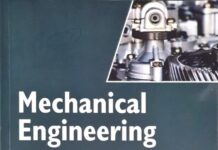

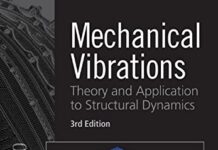


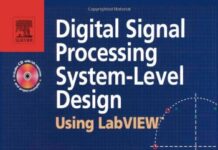
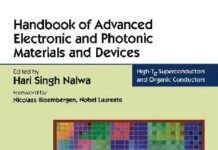

![[PDF] Draw Buildings and Cities in 15 Minutes Draw Buildings and Cities in 15 Minutes pdf](https://www.freepdfbook.com/wp-content/uploads/2021/06/Draw-Buildings-and-Cities-in-15-Minutes-218x150.jpg)


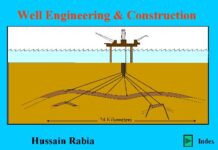

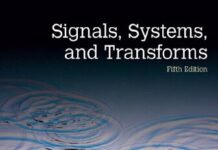



![[PDF] Digital Image Processing An Algorithmic Introduction Using Java Digital Image Processing An Algorithmic Introduction Using Java](https://www.freepdfbook.com/wp-content/uploads/2022/06/Digital-Image-Processing-An-Algorithmic-Introduction-Using-Java.jpg)




![[PDF] 43 Years JEE ADVANCED + JEE MAIN Chapterwise & Topicwise Solved Papers 43 Years JEE ADVANCED (1978-2020) + JEE MAIN Chapterwise & Topicwise Solved Papers Physics PDF](https://www.freepdfbook.com/wp-content/uploads/2022/03/43-Years-JEE-ADVANCED-1978-2020.jpg)

![[PDF] Problems in Physical Chemistry for JEE (Main & Advanced) Problems in Physical Chemistry for JEE (Main & Advanced) Free PDF Book Download](https://www.freepdfbook.com/wp-content/uploads/2022/03/Problems-in-Physical-Chemistry-for-JEE-Main-Advanced.jpg)
![[PDF] Engineering Physics (McGraw Hill)](https://www.freepdfbook.com/wp-content/uploads/2021/05/bafc8c2685bb6823a9c56134f7fba5df.jpeg)
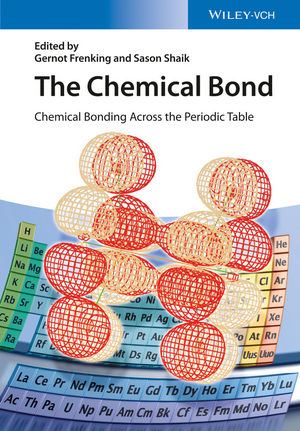
![[PDF] Engineering Chemistry By Shashi Chawla](https://www.freepdfbook.com/wp-content/uploads/2022/05/Theory-And-Practicals-of-Engineering-Chemistry-By-Shashi-Chawla-free-pdf-book.jpeg)
![[PDF] Chemistry: An Introduction to Organic, Inorganic & Physical Chemistry Chemistry: An Introduction to Organic, Inorganic & Physical Chemistry](https://www.freepdfbook.com/wp-content/uploads/2022/04/Chemistry-An-Introduction-to-Organic-Inorganic-Physical-Chemistry.jpg)
![[PDF] Essentials of Physical Chemistry Essentials of Physical Chemistry Free PDF Book by Bahl](https://www.freepdfbook.com/wp-content/uploads/2022/04/Essentials-of-Physical-Chemistry-bahl.jpg)
![[PDF] Biological control of plant-parasitic nematodes: soil ecosystem management in sustainable agriculture Biological control of plant-parasitic nematodes: soil ecosystem management in sustainable agriculture](https://www.freepdfbook.com/wp-content/uploads/2022/05/Biological-control-of-plant-parasitic-nematodes-soil-ecosystem-management-in-sustainable-agriculture.jpg)
![[PDF] Human Anatomy: Color Atlas and Textbook Human Anatomy: Color Atlas and Textbook Free PDF Book](https://www.freepdfbook.com/wp-content/uploads/2022/05/Human-Anatomy-Color-Atlas-and-Textbook.jpg)
![[PDF] Concepts of Biology Book [Free Download]](https://www.freepdfbook.com/wp-content/uploads/2022/05/Concepts-of-Biology.jpg)
![[PDF] Essentials of Biology [Free Download] Essentials of Biology Free PDF BOok Download](https://www.freepdfbook.com/wp-content/uploads/2022/05/Essentials-of-Biology-Free-PDF-Book-Downlaod.jpg)
![[PDF] Human Biology Book [Free Download]](https://www.freepdfbook.com/wp-content/uploads/2022/05/PDF-Human-Biology-Book-Free-Download.jpg)
